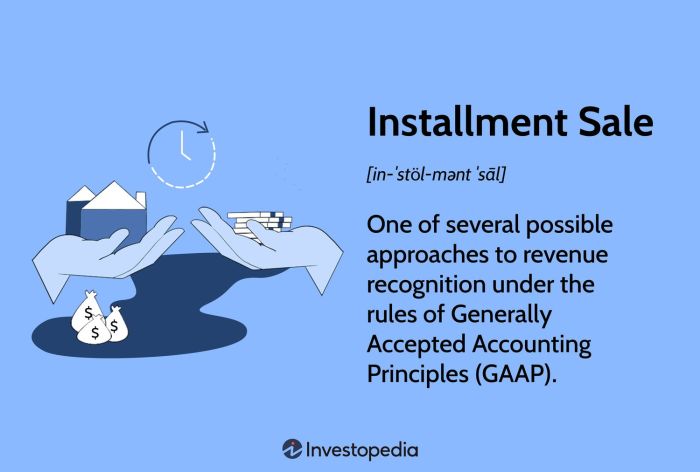Is a payday loan installment or revolving? This question lies at the heart of a complex financial landscape, where understanding the nuances of loan classification is paramount. In this comprehensive exploration, we delve into the intricacies of payday loans, unraveling their unique characteristics and examining how they align with the distinct categories of installment and revolving loans.
Through a meticulous analysis, we will shed light on the implications of this classification, unraveling its impact on consumer protections, regulations, and interest rates.
As we embark on this journey, we will encounter payday loans that mirror the structure of installment loans, with fixed repayment schedules and predetermined interest rates. Conversely, we will also encounter payday loans that exhibit the flexibility of revolving loans, allowing for ongoing borrowing and repayment cycles.
By contrasting these two loan types, we will gain a deeper understanding of payday loans and their place within the broader financial ecosystem.
Payday Loan Overview

Payday loans are short-term, high-interest loans that are typically due on the borrower’s next payday. They are often used by people who need quick cash to cover unexpected expenses, such as car repairs or medical bills.
Payday loans typically have very high interest rates, which can range from 300% to 1,000% APR. They also often have other fees, such as application fees, origination fees, and late payment fees.
Installment vs. Revolving Loans

Installment loans are loans that are repaid in fixed monthly payments over a set period of time. Revolving loans are loans that allow borrowers to borrow money up to a certain credit limit and repay it over time. Credit cards are a common example of a revolving loan.
Payday Loans as Installment Loans

Some payday loans are structured as installment loans. This means that they are repaid in fixed monthly payments over a set period of time. Installment payday loans typically have lower interest rates than traditional payday loans, but they may still have other fees, such as application fees and origination fees.
Payday Loans as Revolving Loans: Is A Payday Loan Installment Or Revolving

Some payday loans are structured as revolving loans. This means that borrowers can borrow money up to a certain credit limit and repay it over time. Revolving payday loans typically have higher interest rates than installment payday loans, but they may not have other fees, such as application fees and origination fees.
Implications of Payday Loan Classification
The classification of payday loans as installment or revolving loans can have a significant impact on consumer protections, regulations, and interest rates.
For example, payday loans that are classified as installment loans may be subject to different interest rate caps than payday loans that are classified as revolving loans. Additionally, payday loans that are classified as installment loans may be eligible for different consumer protections, such as the right to cancel the loan within a certain period of time.
Popular Questions
What is the difference between an installment loan and a revolving loan?
Installment loans are characterized by fixed repayment schedules and predetermined interest rates, while revolving loans offer ongoing borrowing and repayment cycles with variable interest rates.
How can payday loans be structured as installment loans?
Payday loans can be structured as installment loans by offering fixed repayment schedules and predetermined interest rates, similar to traditional installment loans.
What are the implications of classifying payday loans as revolving loans?
Classifying payday loans as revolving loans may impact consumer protections, regulatory oversight, and interest rates, potentially leading to higher costs for borrowers.
